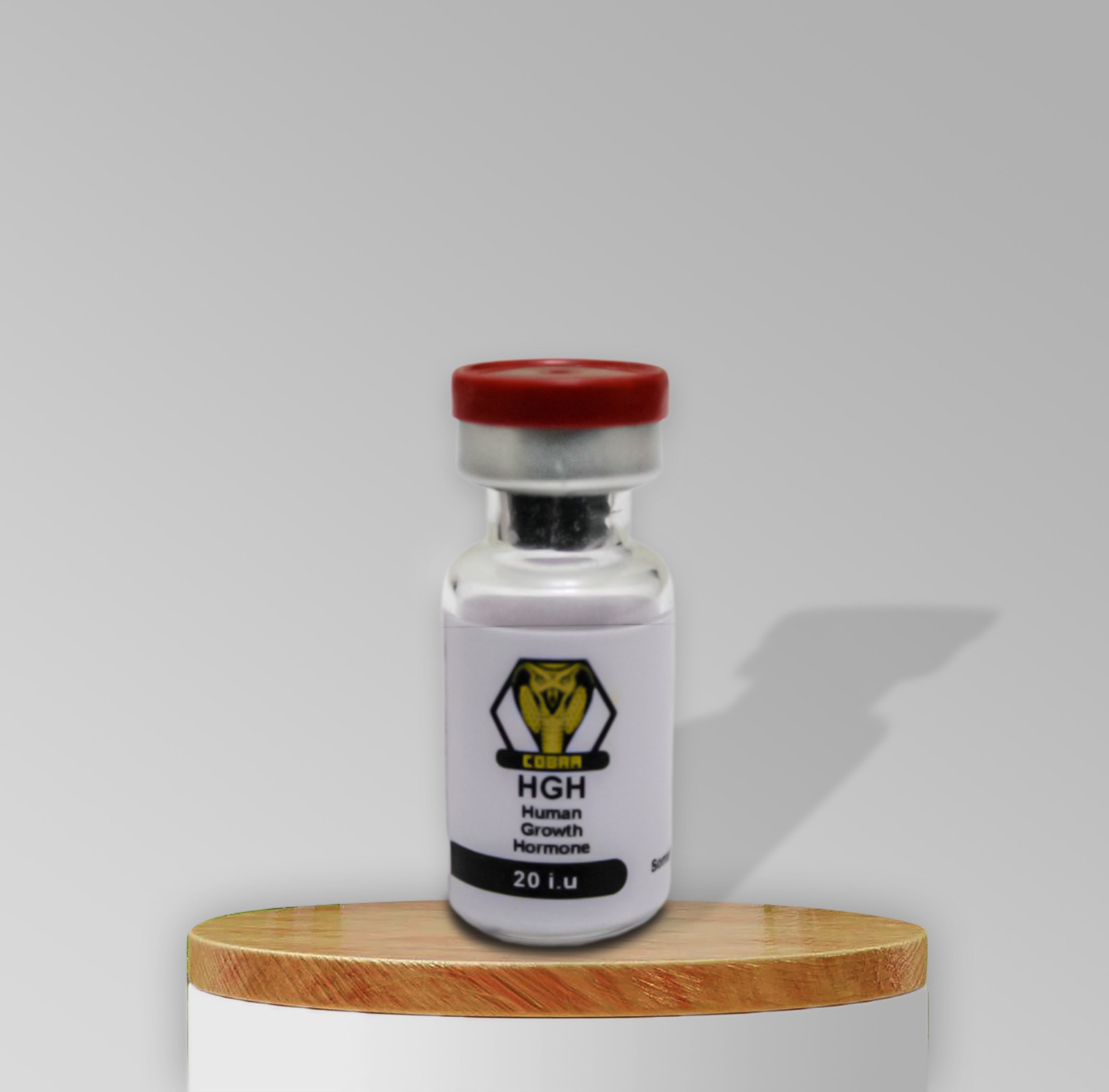HGH (Human Growth Hormone)

What Are Human Growth Hormones? Human growth hormone (HGH or GH) is a naturally occurring hormone that plays a key role in growth and development. It is primarily produced during the growth phase of life, with its levels peaking at puberty and gradually declining with age. HGH helps to:
- Build, repair, and maintain brain and organ tissue.
- Strengthen bones.
- Promote cell growth and regeneration.
Medical Use of Growth Hormones Growth hormones are medically used to treat various conditions. Some of the key uses include:
Turner syndrome: A genetic disorder affecting a girl's development.
Prader-Willi syndrome: A rare genetic disorder characterized by reduced muscle tone, low sex drive, and a constant feeling of hunger.
Chronic kidney disease: HGH may help children with growth problems due to kidney disease.
HGH deficiency or insufficiency: For those with low natural HGH production.
Children born small for gestational age: Growth hormone can help them reach appropriate growth milestones.
Short bowel syndrome: A condition in which nutrient absorption is impaired due to a reduced small intestine, often following surgery or illness.
HGH deficiency due to rare pituitary gland tumors: Synthetic HGH is used to restore normal hormone levels.
Muscle wasting: In conditions like HIV/AIDS or other serious illnesses, HGH can be used to maintain muscle mass.
Alternative Uses for Human Growth Hormone (HGH) Treatment Apart from medical conditions, HGH is sometimes used to enhance quality of life or athletic performance. These uses may include:
- Combatting loss of muscle mass.
- Reducing increased abdominal fat.
- Improving sexual performance.
- Increasing energy levels.
- Managing mood swings.
- Alleviating disrupted sleep patterns.
